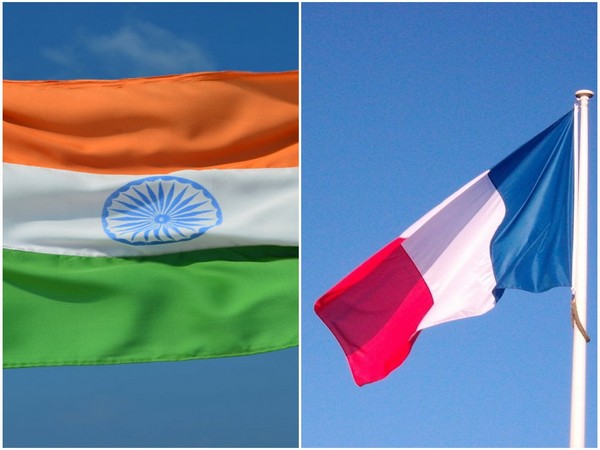India to Join Euronaval 2024: Key Innovations and Strategic Defence Collaborations
India is among 104 countries invited to Euronaval 2024 in Paris from Nov 4-7. The naval defence trade show will feature innovations in maritime security, highlighting the need for adaptable naval forces amid challenges like the Ukraine conflict. The event underscores technological and strategic advancements in the naval industry.

- Country:
- France
India is among 104 countries invited to Euronaval 2024, the world's largest naval defence trade show, set to be held in Paris from November 4-7. This prominent event will showcase innovative solutions aimed at protecting naval forces and maritime infrastructure against emerging threats such as air and surface drones, next-generation anti-ship missiles, and advanced missile systems designed to counter multiple hostile drones.
Focusing on innovation, sovereignty, and international cooperation, the event will gather key players in the naval industry, including shipbuilders, equipment manufacturers, institutions, and experts. Euronaval 2024 offers a platform for highlighting the latest technological advancements that will shape the future of naval forces. Amid rising challenges in maritime security and intense technological competition, the exhibition will address strategic and industrial issues, emphasizing innovation, resilience, and sustainability through debates and conferences.
Prior to the official opening, media personnel were given a special tour. A senior French Navy officer remarked that the conflict in Ukraine underscores the importance of maritime capabilities, with Ukraine effectively utilizing unmanned surface vehicles (USVs) against Russian naval forces. Modern conflicts can rapidly progress from localized skirmishes to large-scale regional engagements, necessitating adaptable and versatile naval forces. The officer stressed the need for agility in defence systems, capable of switching swiftly between varied missions, from humanitarian aid to intense combat scenarios. He also noted the disparity between sophisticated yet costly Western defence systems and the effective, low-cost threats employed by adversaries.
The officer highlighted that recent conflicts in the Red Sea and Ukraine have demonstrated this disparity. 'Information is key in modern conflicts. Flexibility and adaptability are crucial for protecting high-value assets. Technological innovation and strategic shifts are necessary for success. The information superiority seen in the Ukraine war is decisive in modern conflicts,' he added.
(With inputs from agencies.)
ALSO READ
U.S. Amplifies Weapons Support Amid Ukraine Conflict
Russia Claims Strategic Initiative in Ukraine Conflict
Oreshnik Unleashed: Russia's New Arsenal in the Ukraine Conflict
Oreshnik Missile: Russia's Latest Weapon in the Ukraine Conflict
NATO's Rutte Warns Against Excluding Putin from Peace Talks Amid Ukraine Conflict










